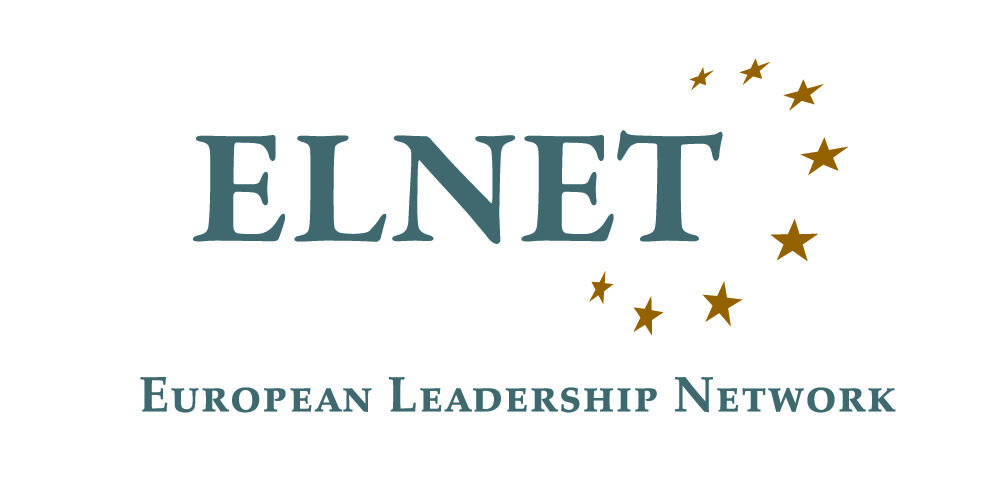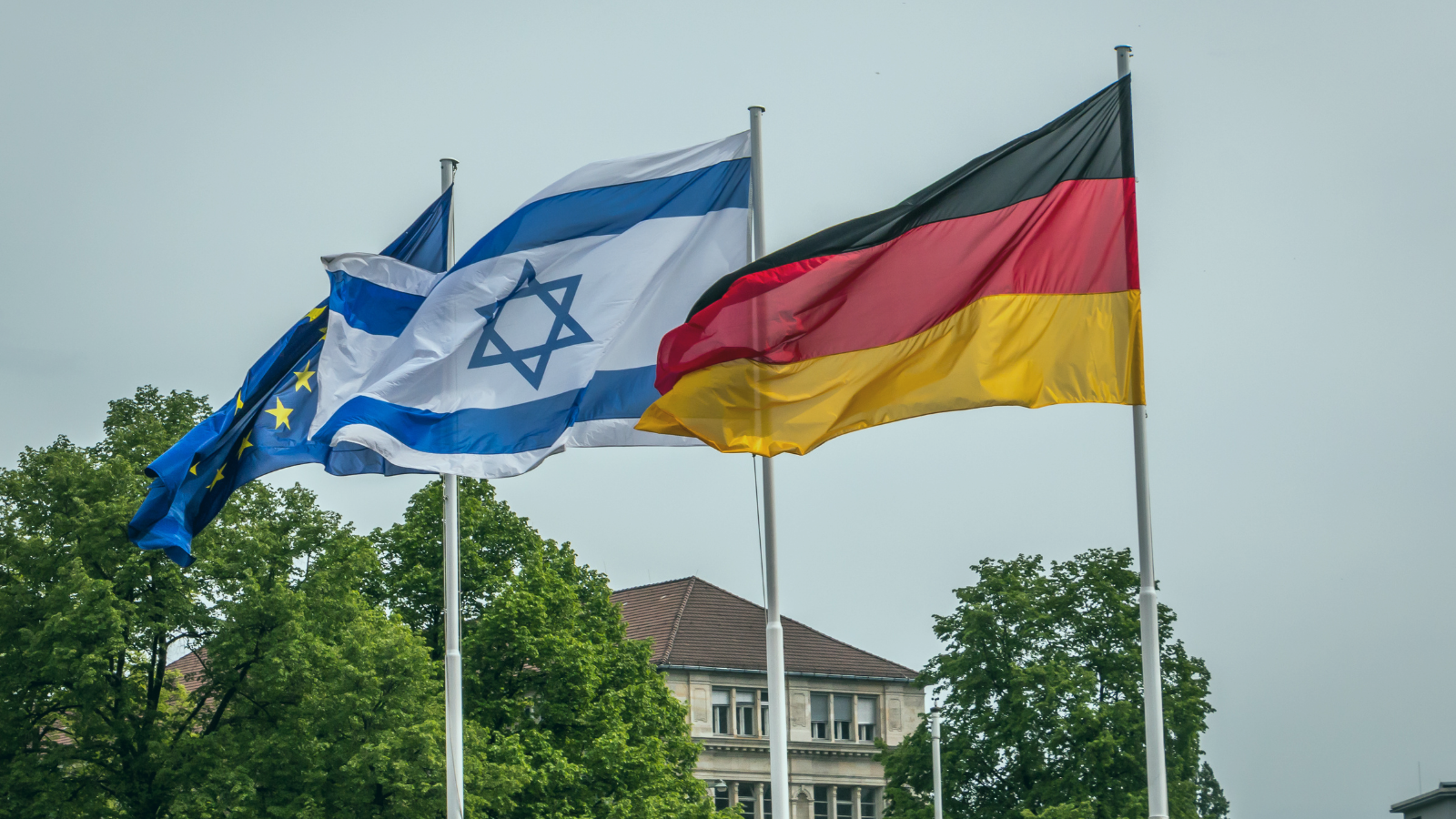The universal lesson of the Second World War seemed clear: “Never again”. For Germany, the consequence has been “never again war”, instead focusing on collective security and defense systems and primarily using checkbook diplomacy to avoid the need for military engagement.
Only with the Russian war against Ukraine did German foreign policy shift back towards political realism. Germans are becoming more aware that there are actual risks to peace and freedom that cannot be solved without military armaments. Since the beginning of the war in Ukraine, 78 per cent of Germans are in favor of arms deliveries to Ukraine, and of the rearmament of the Bundeswehr, the German Armed Forces. Also Germany’s governing coalition of Social Democrats (SPD), Greens (Bündnis 90/Die Grünen), and Liberals (FDP) launched an urgently needed reorientation of German security and defense policy.
In contrast, Israel has had to repeatedly defend itself against existential external attacks, using defensive and preemptive systems – a reality that the German public too should get acquainted with. The sudden shift in Germany’s perception of its security situation might have a significant impact on its relationship with Israel. So far, the focus has been on Germany’s contributions to Israel’s security, which is part of Germany’s reason of state. Now a new perspective is emerging, in which Israel can also contribute to German security. At the same time, there is now a higher likelihood that Germany will now actually be better able to comprehend the security context in which Israel finds itself.
ELNET-Germany’s new policy briefing analyses the shift in German foreign and security policy and its implications for European-Israeli relations. It presents opportunities for cooperation in the field of defense and offers recommendations for a greater role of the EU in the Middle East.
Germany-Zeitwende-English-PDF-post

